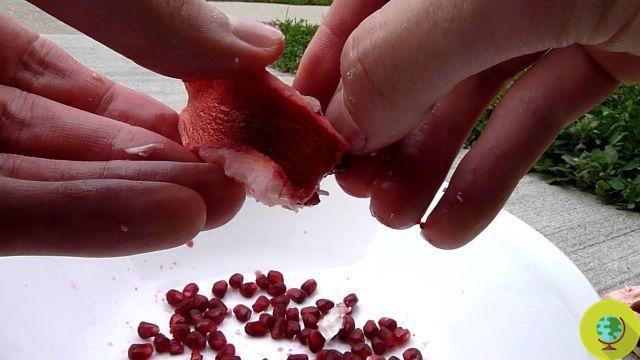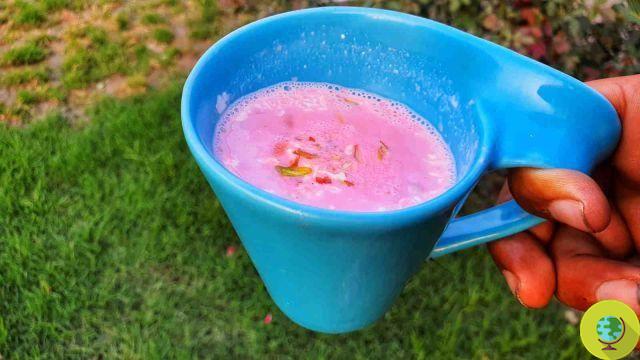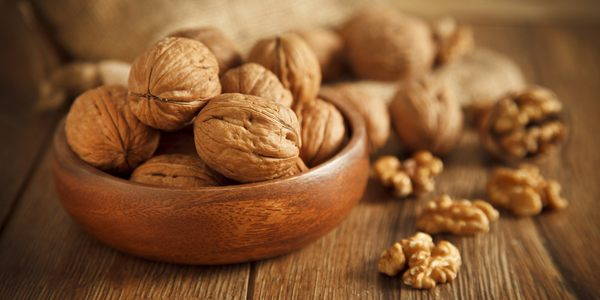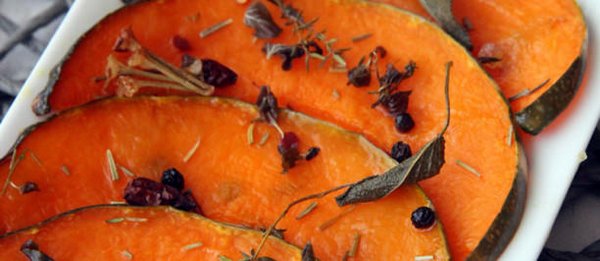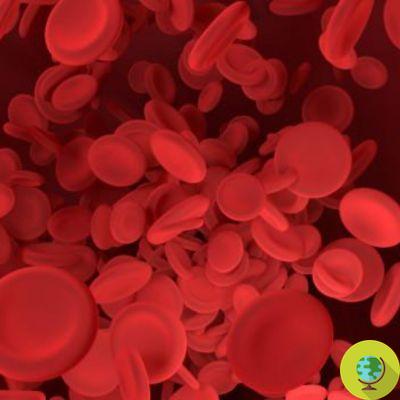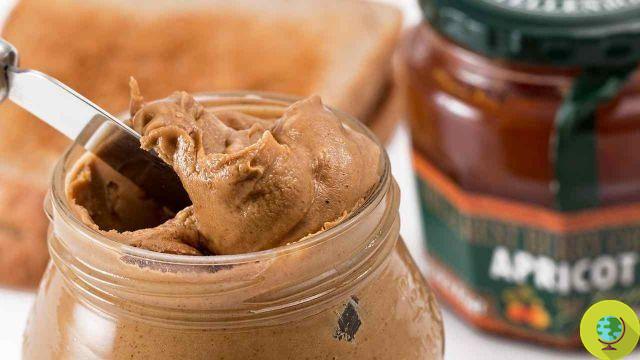
Dried or dehydrated fruit is "concentrated" in terms of nutrients and can have disadvantages if eaten alone or in excessive quantities
Often dried or dehydrated fruit is eaten as a mid-morning or mid-afternoon snack but also pre / post workout. There are many varieties and it can also be easily prepared at home. But, on a nutritional level, is it a good food or does it have some contraindications? We asked "our" nutritionist.
For convenience (perhaps when we are away from home and do not have time to consume fresh fruit) or for taste, we choose for our snacks dehydrated fruit such as raisins, apricots, pineapple, mango, coconut, goji berries, just to name a few varieties. During the Christmas period, dates and dried figs are popular.
We must not confuse dehydrated fruit with so-called dried fruit ie nuts (walnuts, almonds, hazelnuts, etc.) there is in fact a substantial difference. The first type, thanks to the practice of drying, is deprived of the watery part, while dried fruit means all the nuts.
But what are the characteristics of dehydrated fruit? The nutritionist Flavio Pettirossi explained it to us.
The big difference between fresh fruit and dehydrated dried fruit is that in the first case, being deprived of the aqueous part, the nutrients originally found in fresh fruit are "concentrated" and therefore in it we find sugars, fibers, mineral salts such as potassium, phosphorus, magnesium, iron, vitamins of group B. A peculiarity is that the fat content is very low, if not absent. However, the fact that the aqueous part is absent makes it a clearly sugary product of equal weight, for this reason it is very useful for sportsmen. In fact, dehydrated fruit is excellent for speeding up the re-synthesis of hepatic glycogen or to be used before a workout to provide rapidly absorbed sugars.
However, the fact that it is so sugary may not be an advantage in some cases.
Care must be taken not to overdo the portions and do not consume dried fruit alone because it would cause a rapid rise in blood sugar levels. It is best combined with oil-based foods such as nuts or seeds, which can lower the glycemic load and prolong the sense of satiety.
Not surprisingly, more and more often on the market we find ready-made mixes of dried fruit, dehydrated and sometimes even seeds, so as to have a more complete snack from a nutritional point of view.
We remind you that dried fruit can also be prepared at home, with the seasonal fruit of your choice and without necessarily needing a dryer. Read also: How to dry fruit at home without buying a dryer
In this case, self-production is the best choice also because the products on the market can be added with sugars, artificial colors, sulfur dioxide or other additives. Always read carefully the labels of the dried fruit you buy.
Follow us on Telegram | Instagram | Facebook | TikTok | Youtube
Read also:
- Dried Fruit: Not always beneficial, here are 3 things to watch out for
- How and why to make dehydrated strawberries to have them available all year round







